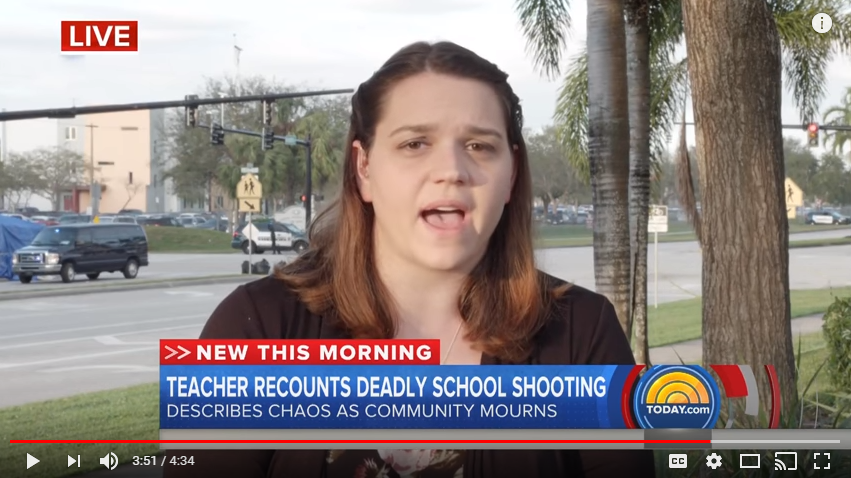by Brian Waple
I’ve been thinking about hospitality and asking myself, Am I a hospitable person? And, what could God be calling me to so that I would be more hospitable? What does that look like? My brother-in-law is a very hospitable person, and I’ve tried to be more like him in that area. In addition to opening his home to his congregation (he’s a pastor), he engages in a form of hospitality that I’ve tried to embrace. It looks like this: You go into a shop, or a restaurant, or a drive-up window, or whatever. Normally, there is a person there to help you, serve you, or wait on you. They might be a cashier. If you look, they usually have a light-colored name tag with their name in dark letters: Bob, or Mary, or Cindy, or Dylan. We don’t always take the time to look at the name tag because we’re too involved in what we’re doing, we’re too busy talking with our friends, or we just don’t care. But, how difficult would it be to take notice and let them know that in being noticed, you value them as a person? Call them by their name and they feel valued. And, isn’t that also part of what being hospitable means? I think you learn to be hospitable by being a hospitable person. No one should have to show you how that works. I have found that when you show interest in others, they are more likely to be willing to show an interest in being with and helping you. And, isn’t that how developing relationships start? Isn’t that how opening ourselves and being hospitable to others starts?
I’ve also come to believe that even if we don’t agree with what some people say, how they act, or what they do, everyone deserves to be acknowledged. Now, this doesn’t mean that we make them our best friends or that we agree with how they live or what they say or do, but we acknowledge them and show them that we respect them as people because they are, after all, God’s creatures. Now, I’ll be honest, I’m the first to admit I struggle with this. But, if we’re called to be hospitable people, how can we not be willing to acknowledge those we may find difficult? There’s that wonderful passage in Matthew:
Then the King will say to those on his right, “Come, you who are blessed by my Father, inherit the Kingdom prepared for you from the creation of the world. For I was hungry, and you fed me. I was thirsty, and you gave me a drink. I was a stranger, and you invited me into your home. I was naked, and you gave me clothing. I was sick, and you cared for me. I was in prison, and you visited me.” Then these righteous ones will reply, “Lord, when did we ever see you hungry and feed you? Or thirsty and give you something to drink? Or a stranger and show you hospitality? Or naked and give you clothing? When did we ever see you sick or in prison and visit you?” And the King will say, “I tell you the truth, when you did it to one of the least of these my brothers and sisters, you were doing it to me!” (Matthew 25:34–40, NLT [my italics])
So, being hospitable doesn’t take a lot of effort. It can be as simple as addressing the next person who helps you or serves you or waits on you by their name. This shows them that you value them as a person. And it helps us learn to be the hospitable Body God is calling us to be.
Views – 569

 Follow
Follow